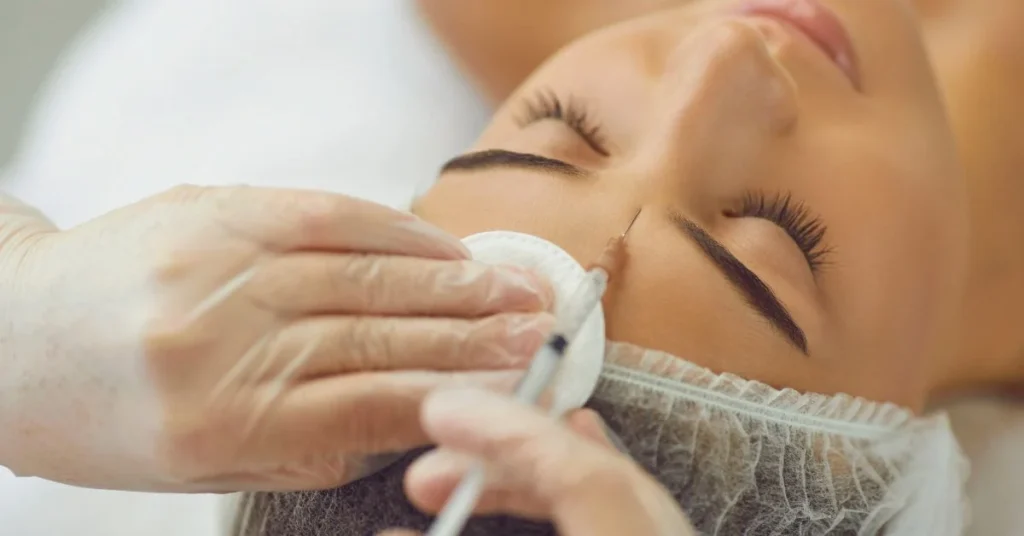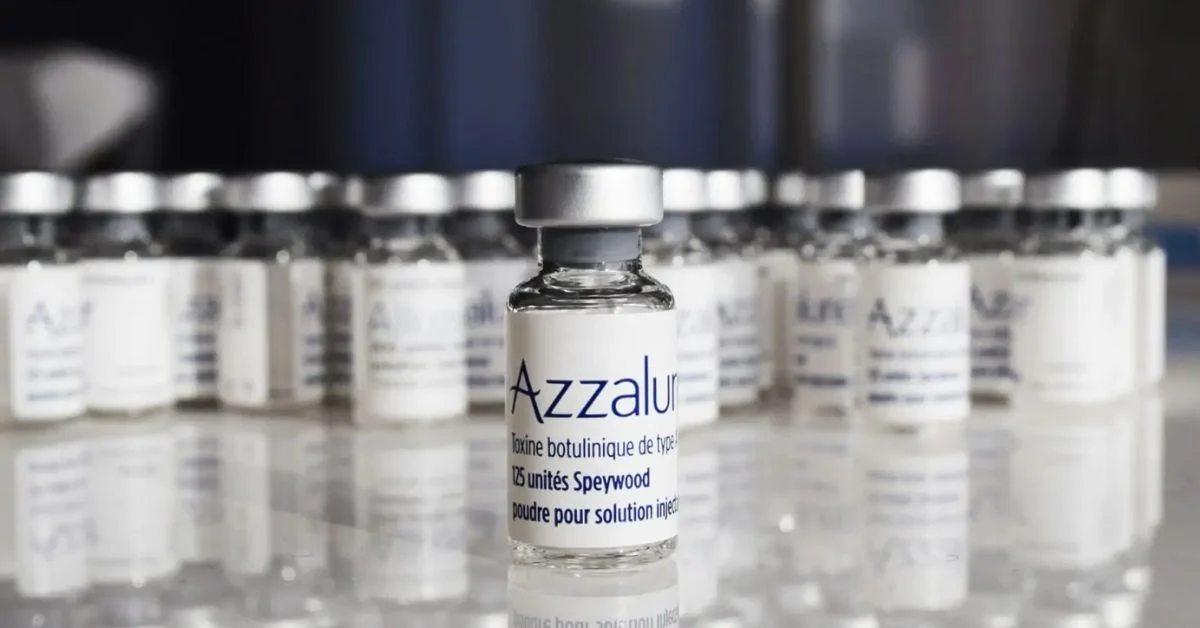Botox injections are a popular cosmetic procedure used to reduce the appearance of wrinkles and fine lines. While the treatment is relatively quick and minimally invasive, some individuals may experience discomfort or pain during the botox for forehead wrinkles process.
Fortunately, there are several strategies and techniques available to help minimize pain and discomfort associated with Botox injections.
Choose an Experienced Injector:
a. Selecting a skilled and experienced healthcare provider or cosmetic injector is crucial for minimizing pain during Botox injections.
b. Experienced injectors are adept at administering the injections with precision, reducing the likelihood of pain or discomfort.
Topical Anesthesia:
a. Applying a topical numbing cream or gel to the treatment area can help minimize discomfort during Botox injections.
b. Numbing creams containing lidocaine or benzocaine are commonly used and should be applied at least 30 minutes before the procedure for optimal effectiveness.
Ice or Cold Compress:
a. Applying ice or a cold compress to the treatment area before the Botox injections can help numb the skin and reduce pain.
b. Cold therapy constricts blood vessels, which can decrease sensitivity and make the injections more comfortable.
Distraction Techniques:
a. Engaging in distraction techniques during the procedure can help take your mind off the discomfort.
b. Listening to music, practicing deep breathing exercises, or focusing on a point in the room can help divert attention away from the injections.
Communicate with Your Injector:
a. Open communication with your injector is essential for ensuring a comfortable Botox injection experience.
b. Inform your injector if you are experiencing pain or discomfort during the procedure so adjustments can be made, such as altering the injection technique or using additional numbing agents.
Relaxation Techniques:
a. Practicing relaxation techniques before and during the procedure can help reduce muscle tension and discomfort.
b. Techniques such as progressive muscle relaxation, guided imagery, or mindfulness meditation can promote a sense of calmness and ease during the injections.
Deep Breathing Exercises:
a. Deep breathing exercises can help relax the body and alleviate tension during Botox injections.
b. Inhale deeply through your nose, hold for a few seconds, and then exhale slowly through your mouth. Repeat this process several times to promote relaxation.
Gentle Pressure:
a. Applying gentle pressure to the injection site immediately after the injection can help reduce pain and discomfort.
b. Your injector may use their finger or a cotton swab to apply pressure to the area, which can help minimize swelling and bruising.

Take Over-the-Counter Pain Relievers:
a. If you experience discomfort or soreness following the Botox injections, taking over-the-counter pain relievers such as ibuprofen or acetaminophen can help alleviate pain.
b. Be sure to follow the recommended dosage instructions and consult with your healthcare provider before taking any medication.
Stay Hydrated:
a. Staying hydrated before and after the Botox injections can help minimize discomfort and promote overall well-being.
b. Drinking plenty of water can keep your skin hydrated and may reduce sensitivity at the injection sites.
Follow Post-Treatment Care Instructions:
a. Following the post-treatment care instructions provided by your injector is essential for optimizing results and minimizing discomfort.
b. Avoid rubbing or massaging the treated area immediately after the injections, and refrain from strenuous exercise for the remainder of the day.
Conclusion
By employing these strategies and techniques, individuals undergoing Botox injections can minimize pain and discomfort, making the procedure more tolerable and enjoyable. It’s essential to communicate openly with your botox injector and follow their recommendations for optimal results and a comfortable injection experience. With proper preparation and care, Botox injections can be a relatively pain-free way to achieve smoother, younger-looking skin.
If you find this article helpful, click here for more.









